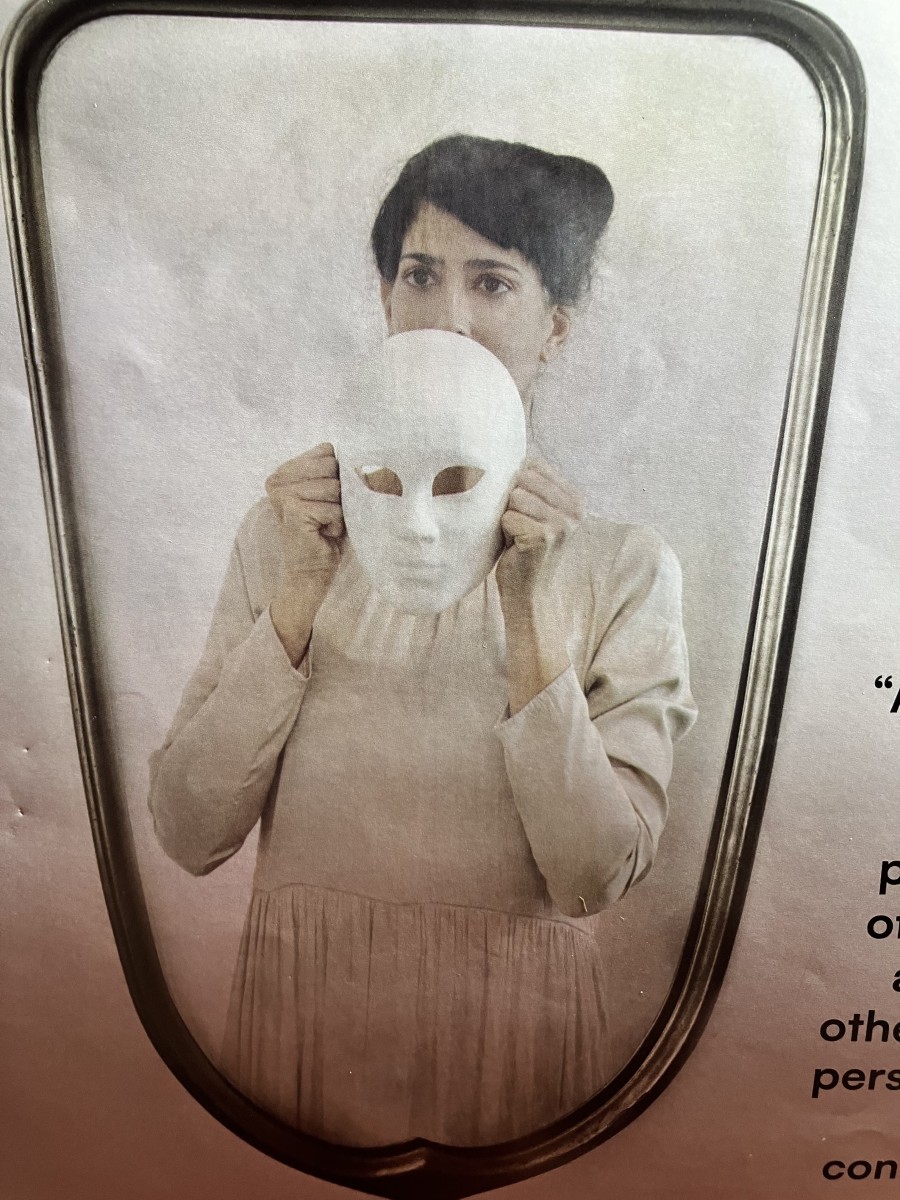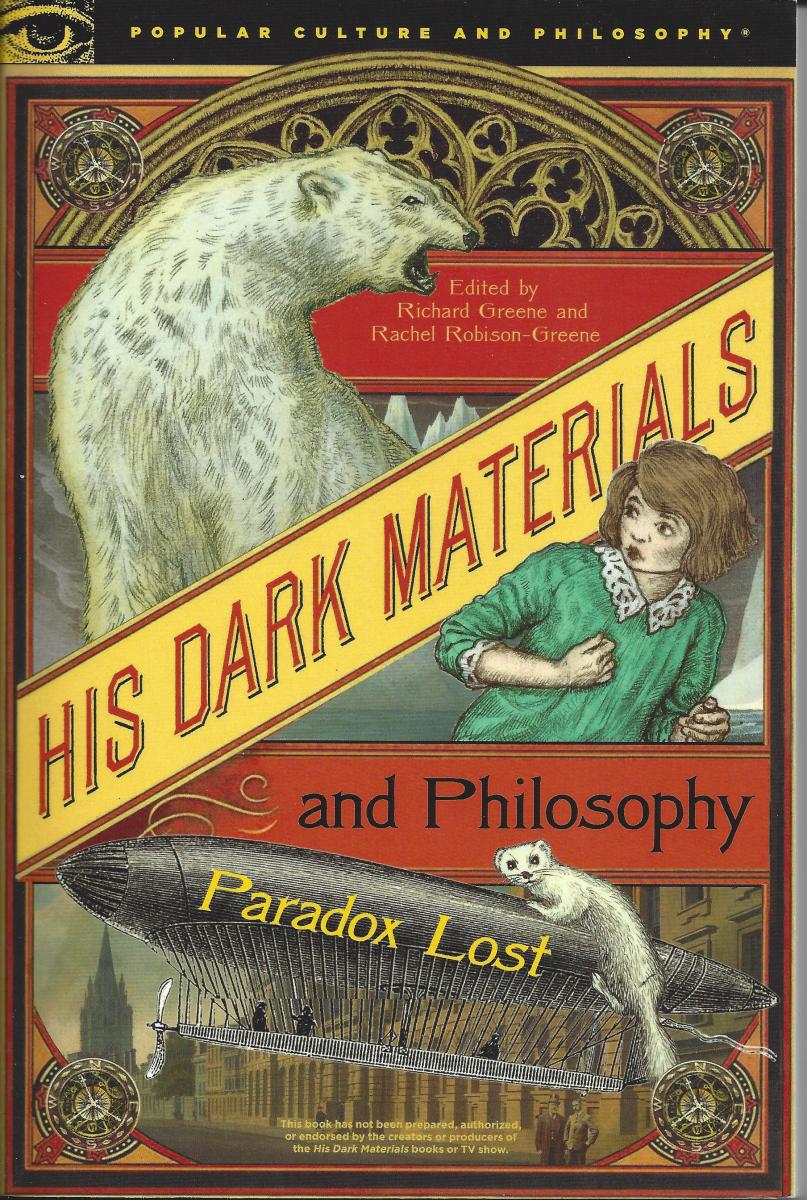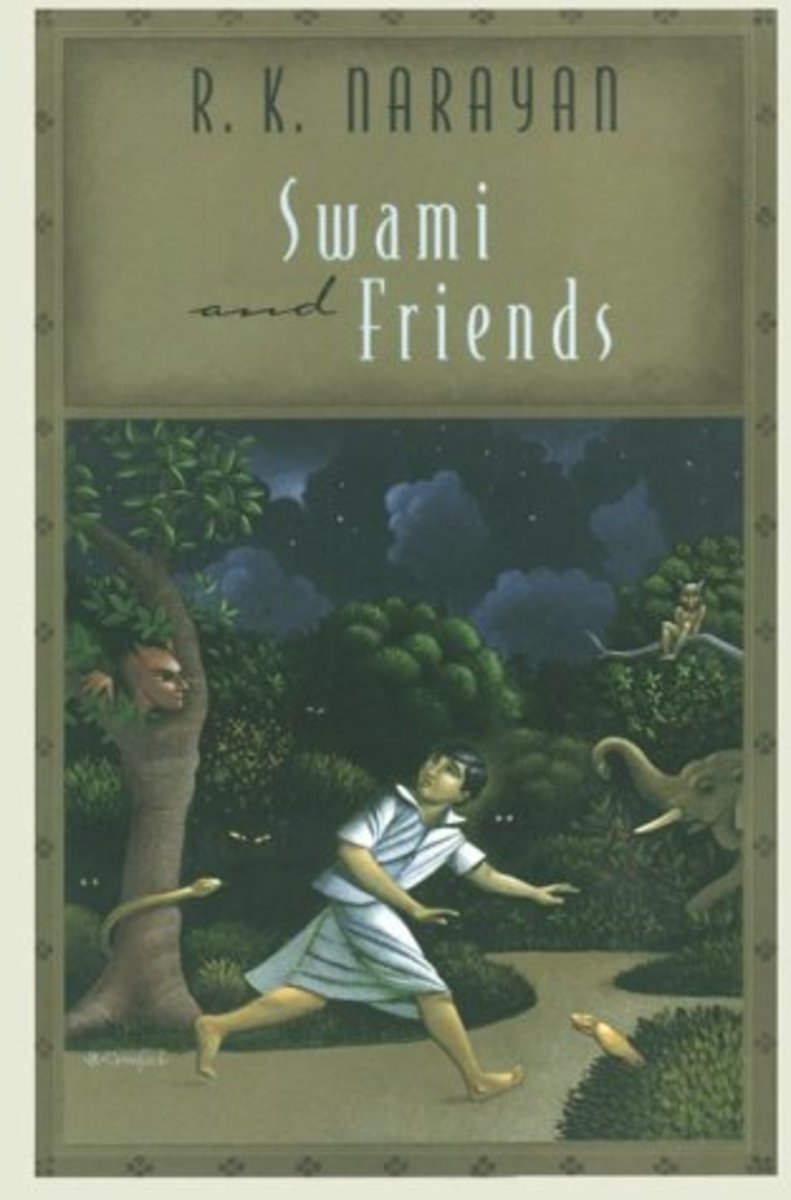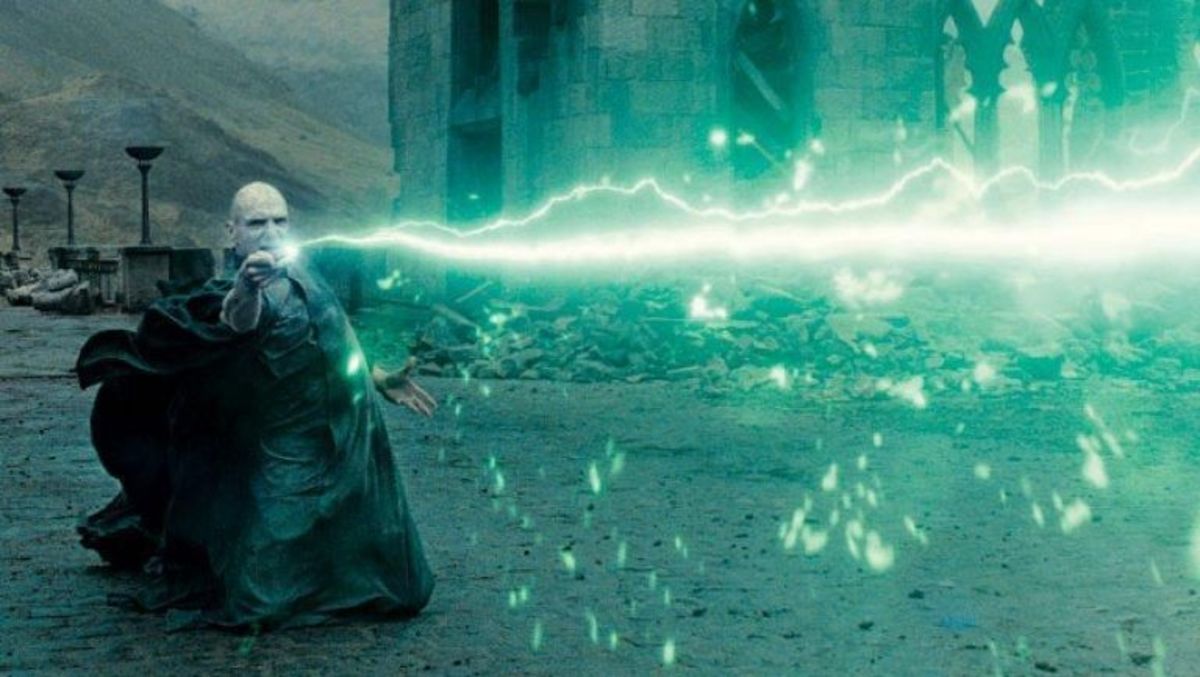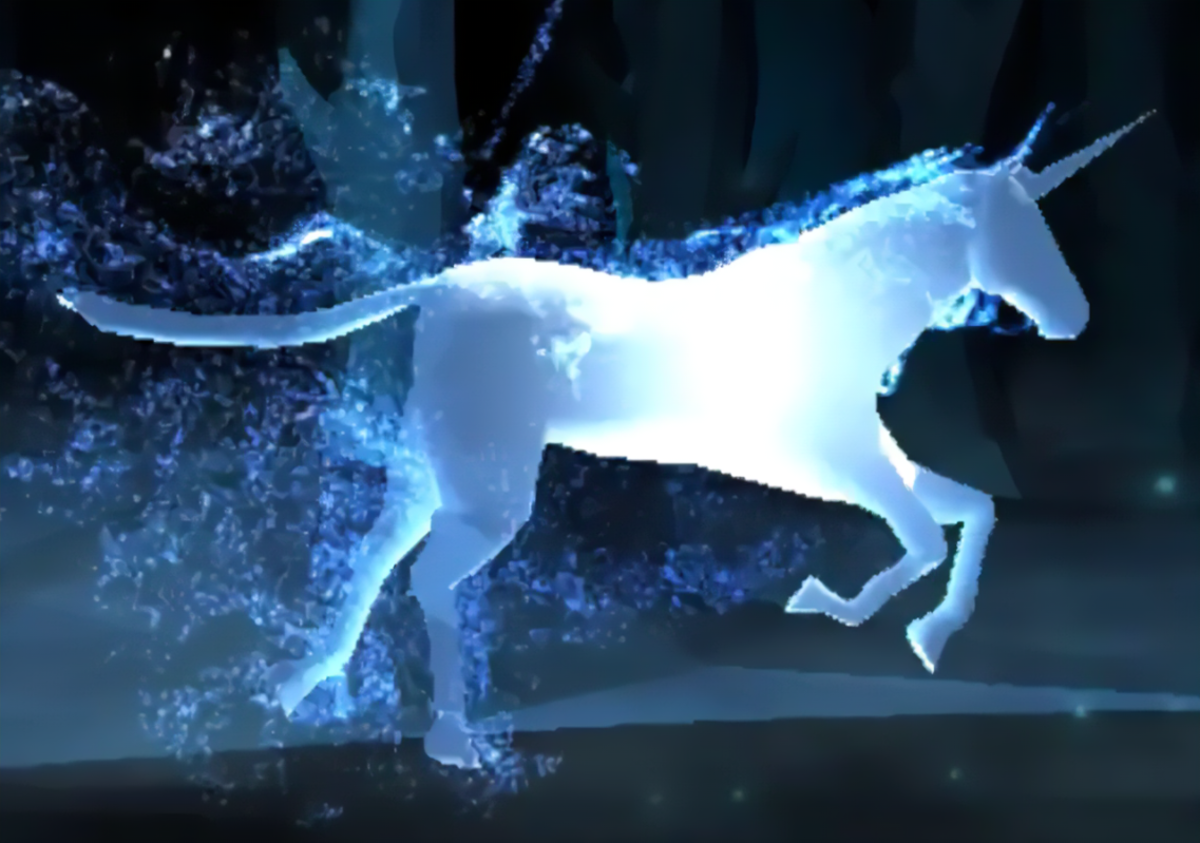Book Review: Girl Parts by John M. Cusick

Never judge a book by it's cover. That's the lesson we're taught early and often as children and it never fails to be an important one. So when I was at my local library and saw a girl in a packing box full of styrofoam peanuts smiling suggestively at me from the cover of a book called Girl Parts, that adage ran through my head... and I'm ashamed to admit that I checked it out anyway.
But what I found once I got into it's pages was a wonderfully written, contemporary coming-of-age story. It's reminiscent in tone to one of my all-time favorite books, Ender's Game by Orson Scott Card, an achievement all the more impressive that this book features no war, no aliens and no Battle School. It's a book about relationships.
The book revolves around David and Charlie, two boys literally as opposite as can be, but the one thing they have in common is an inability to communicate and have meaningful relationships with girls. When David's parents present him with a Companion bot designed to encourage healthy bonds and treat "dissociative disorder", he can't get enough of the hot and luscious Rose. But Companion bots have intimacy clocks that determine when affection can be shown. And when David moves too fast, he gets an electric shock. Spurned by the one she's programed to love, Rose turns to Charlie. With his help she may grow beyond her programing into a real person, and her own best friend.
Shades of Pinocchio and AI abound, but Cusick takes a story that could be familiar and pedestrian and puts a new spin on it. Not only does it work, but it works well. The book is set just far enough in the future that the idea of an android is fine, but still feels contemporary. The boys still drive cars and bicycles, the kids in class have to pass actual notes since texting is outlawed. It's these touches that flesh the story out and make the world feel real.
Reading about these kids who spend all their time on-line in class, then come home and spend all their time in virtual settings on their computers, it's no wonder they're "dissociative". But then I watched family members open Kindles and iPads and cell phones for Christmas, and I began wondering if there wasn't more to Cusick's tale, despite being published in 2010.

